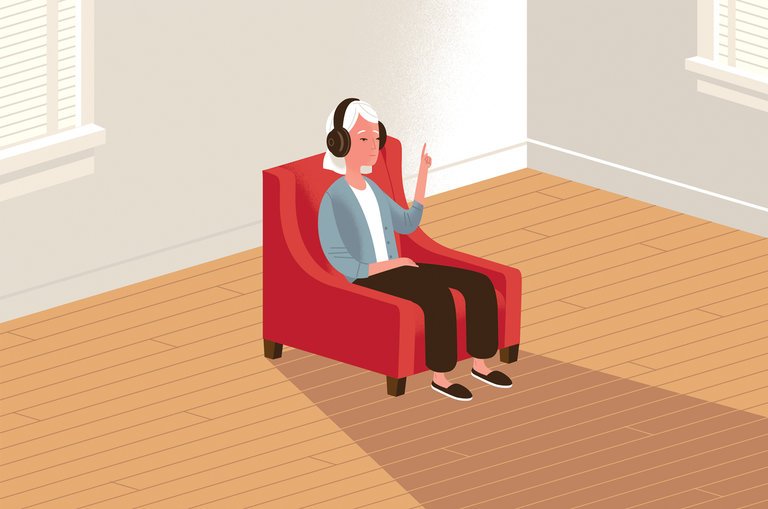Vision and Hearing Loss Are Tied to Cognitive Decline
Now and then I hear someone (myself included) proclaim “my brain is on overload.” This is not surprising given the myriad complex tasks the brain performs, among them enabling you to learn, plan, remember, communicate, see, hear and smell.
Perhaps also not surprising, a growing number of studies have linked compromised sensory functions like poor vision and hearing to a decline in cognitive abilities. The brain, it seems, can do only so much, and when it must struggle to make sense of the world – from reading the words on a page to understanding the spoken word – it may be less able to perform other important tasks.
While a cause-and-effect relationship has yet to be established, evidence is gradually increasing to suggest that uncorrected deficits in vision and hearing can accelerate cognitive decline.
National statistics demonstrate the importance of this relationship. The number of Americans with poor vision, often undetected among older adults, is expected to double by 2050; hearing loss – mostly untreated or undertreated – afflicts nearly two-thirds of adults over 70; both vision and hearing impairment occur in one person in nine age 80 and older (fewer than one in five have neither), and the prevalence of dementia is now doubling every 20 years.
The latest study, published in August in JAMA Ophthalmology, found that among a representative sample of nearly 3,000 older Americans and a second sample of 30,000 Medicare beneficiaries, poor vision was associated with poor cognition.
Source: NYTimes
“Vision and Hearing Loss Are Tied to Cognitive Decline” by:JANE E. BRODY


